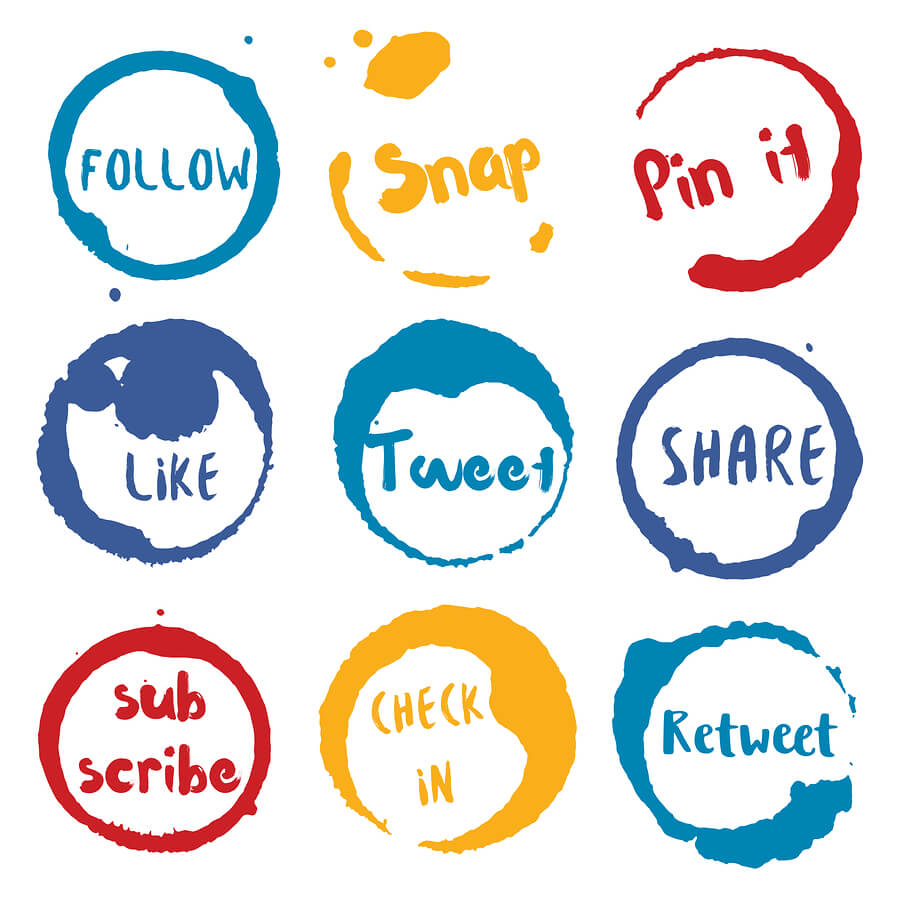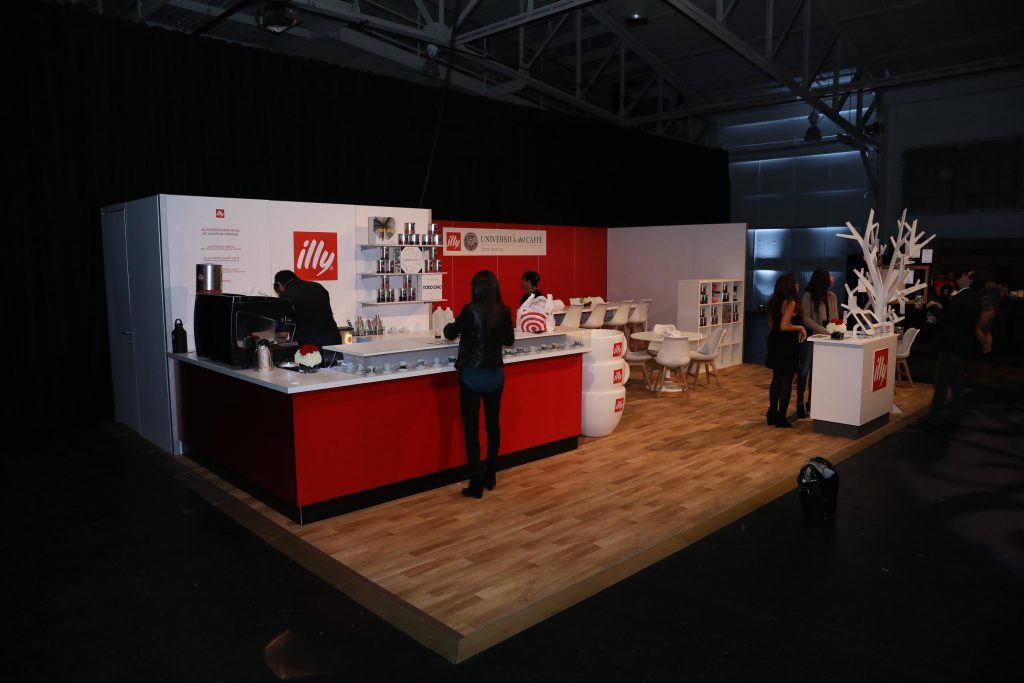Just like any traditional event you would plan, maximizing attendance for your virtual event requires some level of marketing. But because the potential audience size at an event online is so much larger than an in-person event, spreading the word is even more crucial!
The good news is, virtual event marketing is similar to traditional live event promotion, especially since so much live event advertising now happens online. But the unique aspects of virtual events do lend themselves to additional marketing opportunities.
1. Start with an Informative Event Site
For both live events and virtual ones, an event website is now the first thing many people look for when they want to learn about an event. This site should include all the information they’ll want to know, from login information to the event schedule. Start your virtual event marketing with an informative website that includes:
- Event date(s), times, and platform
- Agenda or schedule
- Speaker bios and speaking subjects – Highlight big names, thought leaders, and other industry “celebrities.”
- Sponsor and/or exhibitor information
- Ticket information, including pricing and how to purchase
- An information sign-up form to receive email updates about the event
- Info about how to login to or join the virtual event
Tracking Your Campaign
Once it’s ready to go live, most of your marketing efforts will center around driving traffic to your event site. In particular, you’ll be targeting either people who are ready to buy a ticket or prospects who may be interested in going. With a wide-ranging campaign, you’ll get traffic from many different locations online. To track where people are coming from, use UTM parameters to create unique URLs for each location, such as:
- Social media like Facebook or Instagram
- Paid advertising
- Blog posts
This strategy makes it easy to see how much traffic to your event website is generated from specific kinds of content, allowing you to adjust your marketing strategy as you go.
2. Notify the Press
Given that print media is no longer the news juggernaut it once was, it’s not surprising that many events—smaller ones in particular—don’t bother with writing a press release. But while they’re traditionally associated with print media, press releases are equally at home online.
Write a press release that includes the most important information about your event:
- Its purpose
- When and where it is
- Schedule highlights
- How to register or buy tickets
- Your event website URL
Then distribute your press release by finding the most relevant reporters, websites, and news desks to send it out to.
Make sure that your event website is up and running, and working correctly, before sending press releases. The last thing you want is for stories about your event to direct potential attendees to a site that isn’t fully functional.
3. Don’t Ignore Social Media
For both live and virtual events—as well as hybrid events—social media is an important part of promotion. Any social media platform can help drive website traffic, providing you create content that meshes with the format and functionality of each platform.
One useful strategy is to create content “bundles” that include content specifically formatted for each platform. For instance, if you write a blog for the event website, you’d then craft a tweet, a Facebook post, an Instagram post, and so on for sharing the link to that blog. The key is to use each platform according to its merits; what works on Twitter won’t necessarily work on Instagram, and vice versa.
- Create an event hashtag, and use it on every piece of social media content you post.
- On LinkedIn, promote the event on your company page, and use the new LinkedIn Events feature to create a page for the event too. Add details about time and platform, and publish content that highlights the event’s value to its target audience.
- Use Twitter to send out updates as the event takes shape. For instance, tweet when you secure a new speaker or sponsor, or to remind people when early-bird ticket pricing is about to end.
- Create a Facebook page for the event, and link it back to the host company’s Facebook page. Then create a Facebook Event page, and keep it updated with relevant event details.
- Use Instagram to share visual content such as video clips of speakers, and content from previous years.

4. Market to Email Lists
Email remains a highly effective way of delivering promotional content, so email marketing should definitely be part of your virtual event marketing campaign? Don’t overdo it with daily emails, but do kick off the campaign by sending out a general event invitation to recipients on any relevant email lists. Then keep the momentum going with regular updates that increase in frequency as you get closer to the event date.
5. Drive Traffic with Promotional Content
With a website as your primary hub for disseminating information and selling tickets, your best means of doing both those things is to use online content to drive traffic to the website. These avenues can all be highly effective at getting traffic to an event website:
- Blog posts
- Social media content
- Video clips
- Paid advertising
Content for this purpose needs to tick a number of boxes. It should:
- Communicate the theme and purpose of the virtual event.
- Highlight the value of the event to its target audience.
- Align with the event host’s brand messaging.
- Help set the audience’s expectations for the event.
This last point is particularly important while the virtual events industry is still a relatively new one. Many of your attendees may not have attended a virtual event before. They won’t know much about how these kinds of events work, and they may not know what to expect. Your content needs to make it clear to them that a virtual event is a valuable experience that’s worth their time; in fact, it’s one they won’t want to miss.
6. Get Speakers and Sponsors Involved
Increase your marketing reach exponentially by asking speakers and sponsors to get involved. Most will be happy to mention your event and use the hashtag, since it benefits them too. And it makes perfect sense to have them get in on the action—after all, they’re part of what makes your virtual event valuable for attendees. Make it easy for them by creating a small kit of images, video clips, and text bites they can use in the conversation about your event.
Don’t think sponsorship is possible in a virtual event? Think again.

7. Consider Paid Search Advertising
Using paid advertising with Google Ads or on social media can be a great option for driving a quick surge of traffic. Be as thorough as possible with demographic targeting to make sure the traffic you’re getting is worth the money. Use carefully selected keywords and phrases, and refine your demographic as much as possible. Another option is to use remarketing to display ads to people who’ve already visited your virtual event website.
8. Show Attendees How Your Event Works
For virtual events in particular, some people may be hesitant to buy a ticket or register if they’ve never attended an event online before. Why not make it easier for them by giving them a sneak preview of how it all works? Some options include:
- Create an FAQ section on how to access the event.
- Make a series of short video clips to demonstrate, or create a graphical guide.
- Create an explainer video with an event host or spokesperson.
This kind of content lets your audience imagine what it might be like when they attend the event. They’ll get a better understanding of how it works and see that it’s easy to interact with and enjoy event content. Make it all available on the event website, and then let people know it’s there with social media posting and links in email blasts.
9. Consider Your Global Market
Most in-person events are local ones, with audiences coming from within the state or from neighboring states. Big events are national affairs, and it’s only the largest, most prestigious live events that can attract a global audience.
With virtual events, that doesn’t have to be the case. When you hold an online event, your audience isn’t limited to a specific geographic location. They don’t have to pay for travel or accommodation, or spend time traveling, so the barriers to attendance are much lower.
Given this reality, it makes sense to consider whether you can benefit from marketing a virtual event to a global audience, rather than a local one. It won’t always be necessary or profitable to do so, but it should be considered for every event.
Build Momentum and Highlight Your Event’s Unique Value
Deploying an effective virtual event marketing campaign is all about value: highlighting what’s most valuable about your event and making sure your target audience is able to see that value for themselves. If your audience can clearly see what they gain, they’ll be more than happy to attend.









